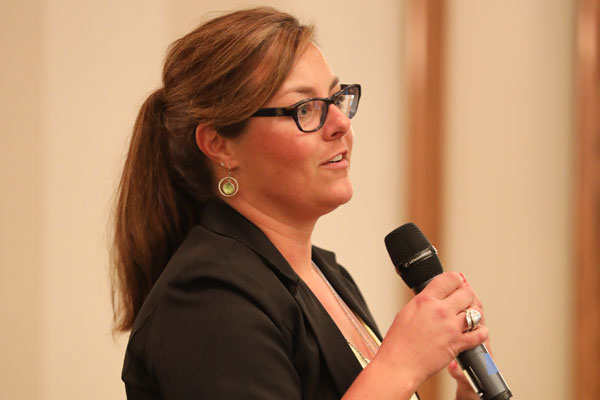In the peer review of abstracts submitted for IPFCC’s International Conference, one of the six criteria is the involvement of patients or families as co-presenters. As a result, almost all conference sessions include a patient/family educator.
At IPFCC’s intensive seminars, a panel with 4-5 patients and family members is always part of the program for the interprofessional audience. The regional retreats that were part of the IPPC project also included a parent panel at every retreat. Successful panels require a skilled moderator who prepares panel members beforehand and guides the flow of the discussion.
The IPPC retreats largely relied on small group discussions among participants – health care professionals and parents. Guidelines were established from the outset to create a “safe space” for all participants.
At Baystate Medical Center in Springfield, MA, PFAC members have been involved as faculty in a simulation project to training emergency department staff in patient- and family-centered care.
The interprofessional Health Mentors (HM) programme at the University of British Columbia (UBC) is an elective patient-as-teacher initiative. The health mentor is a person living with a chronic health condition or disability. Groups of four students from different health disciplines and a mentor meet 2-3 times per semester over three semesters. (Towle et al, 2014).


